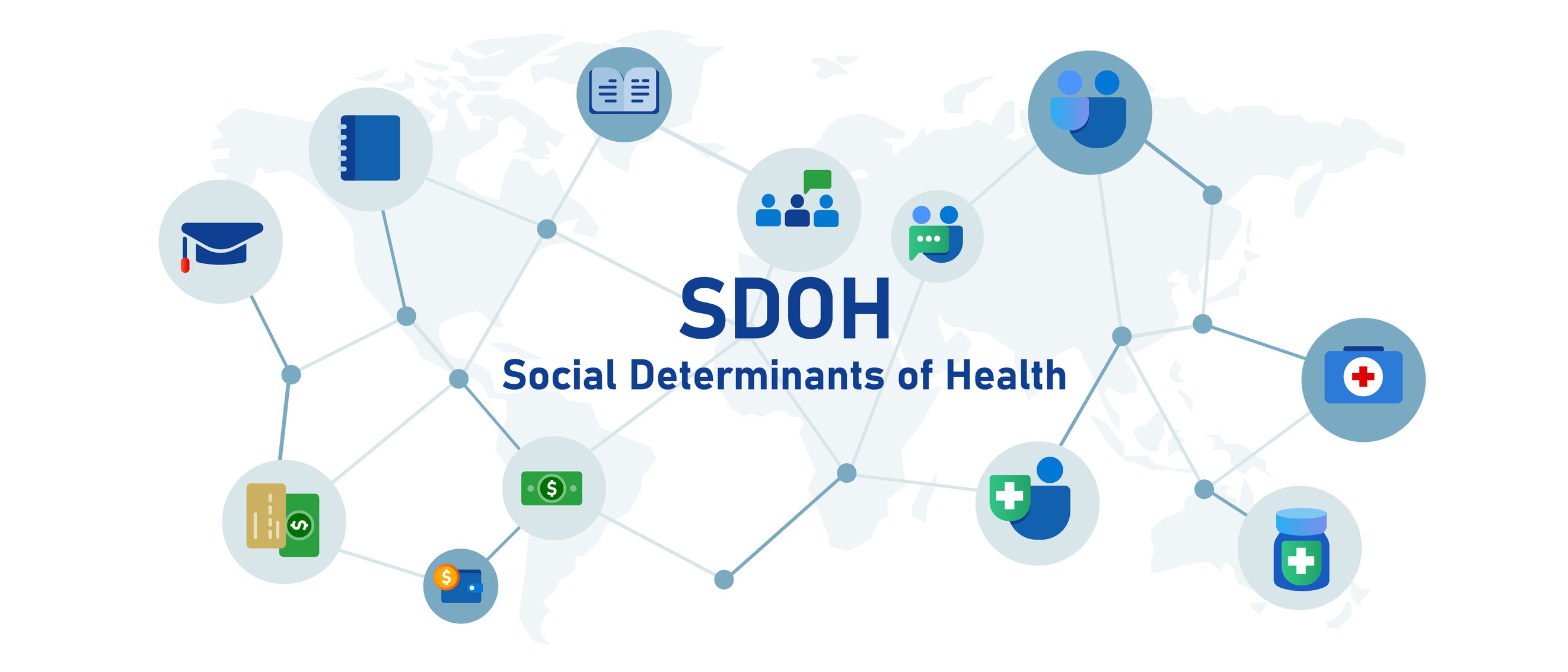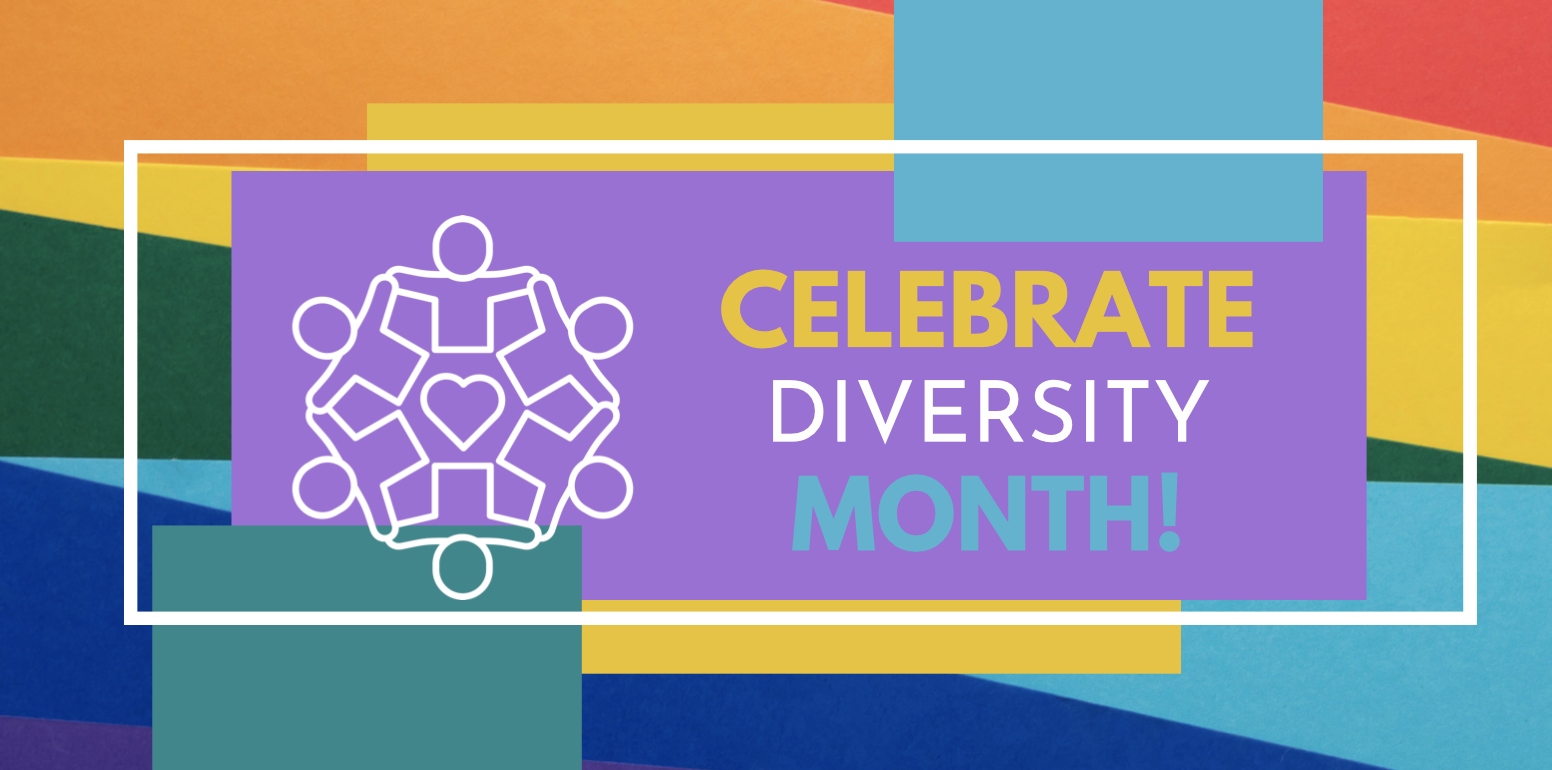By John DeGaspari

Using the Internet to access health information may be out of reach for many older Americans, according to a study by researchers at the University of Michigan. According to the study, less than one-third of Americans age 65 and older use the Web. Within that age group less than 10 percent of those with low health literacy, or who lack the ability to navigate the healthcare system, go online for health-related matters.
The results of the study have been published in the Journal of Internal Medicine. Data was analyzed from the 2009 and 2010 Health and Retirement Study, a nationally representative survey of older adults; about 1,400 of the participants were asked about how often they use the Internet for any purpose, and, in particular, how often they search for health and medical information.
Health literacy was found to be a significant predictor or what people do once they are online. Elderly Americans with low health literacy are less likely to use the Internet at all, according to the researcher; and if members of this group do surf the Web, it is not generally to search for medical or health information.
“In recent years, we have invested many resources in Web-based interventions to help improve people’s health, including electronic health records designed to help patients become more active participants in their care,” according to lead author of the study Helen Levy, Ph.D., research associate professor at the University of Michigan Institute for Social Research, in a prepared statement. “But many older Americans, especially those with low health literacy, may not be prepared for these tools.”
Senior author Kenneth Langa, M.D., a professor of Internal Medicine at the University of Michigan Medical School, cautions that as the Internet becomes more central to health literacy, older Americans face barriers that may sideline them. He recommends that “Programs need to consider interventions that target health literacy among older adults to help narrow the gap and reduce the risk of deepening disparities in health access and outcomes.”
Source: www.healthcare-informatics.com





